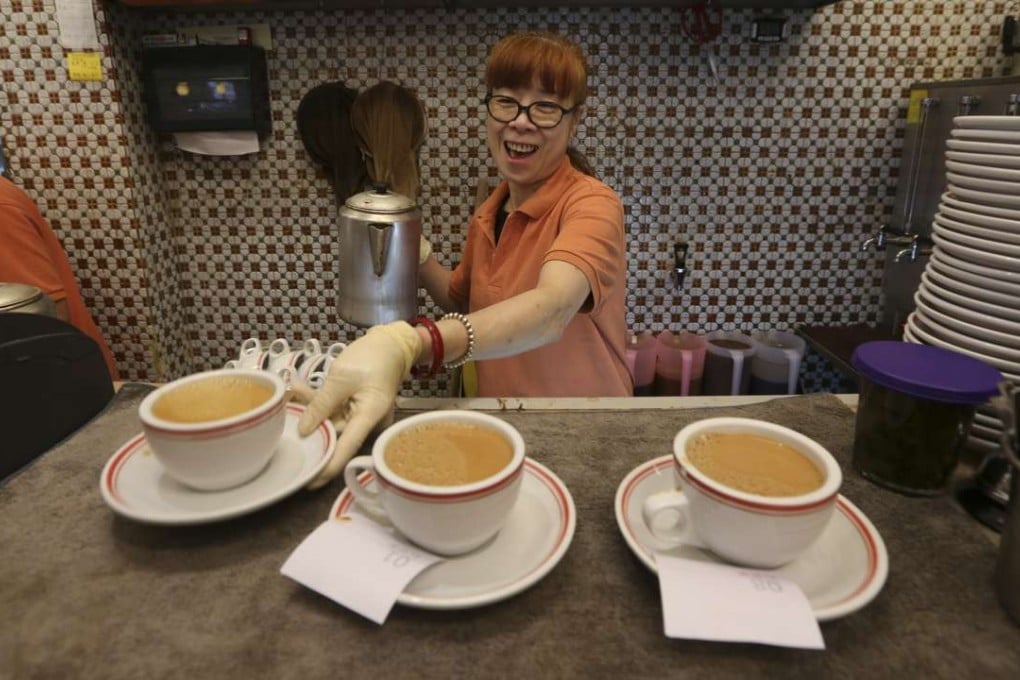Opinion | What makes a true Hongkonger: knowing what ‘fly sand go milk’ means, perhaps?
Peter Kammerer considers the extent to which the Cantonese language, among other traits, contributes to and shapes the Hong Kong identity

A Hongkonger overseas, when asked where they’re from, will invariably answer, “Hong Kong” rather than “China”. I was born in Toowoomba in the Australian state of Queensland, but do not reply “Toowoomba” or “Queensland” when posed that question; the answer is always “Australia”. The Hong Kong response is not what the powers in Beijing want to hear, although it’s an inevitability given the circumstances, culture and pride. They are the reasons I can never call myself a true person of this city, no matter how many years I make it my home.
Carrying a Hong Kong Special Administrative Region passport rather than a Chinese one invariably assures the “Hong Kong” reply. But Hong Kong is also a city very much on the world map, one that everyone has heard of and knows from movies. The same reasons are cause for someone from New York or London to name the place rather than the country after the “where are you from?” question. But there is much more to being a Hongkonger. After 28 years, I have adopted some of these characteristics; others, however, remain too challenging or alien.
Language is the biggest definer. Cantonese Hong Kong-style, with its slang and swear words that are ever changing, marks a Hongkonger out from their dialect-speaking brethren across the Sham Chun River and the wide-eyed student. Some of the expressions outsiders easily pick up are wah, and that multipurpose aiyah, which can be used for anything from pain to showing concern. But the linguistic ingenuity of Hongkongers comes out in their shorthand for commonly used words and phrases, or in response to current events, producing layers that need full command and constant exposure to come to grips with.
Why you have to know Cantonese in Hong Kong - two foreign husbands explain

I can’t pretend to know more than a few fistfuls of Cantonese words and, even then, being tone deaf holds me back from grasping so tonal a language.
I can be a Hong Kong person in other ways, though: A click of the tongue in annoyance at the person blocking my way, showing impatience that the bus hasn’t arrived within moments of getting to the stop, and that weekend dim sum ritual. But other aspects I simply cannot embrace, among them feeling at home in a crowd and doing my utmost on public transport during rush hour to avoid bodily contact with other passengers.
